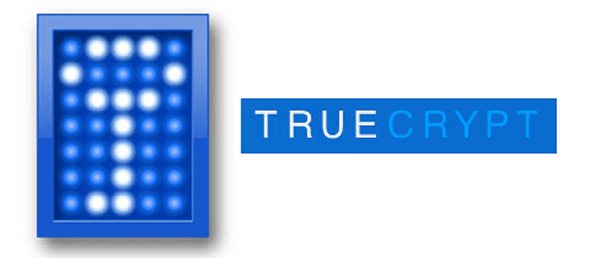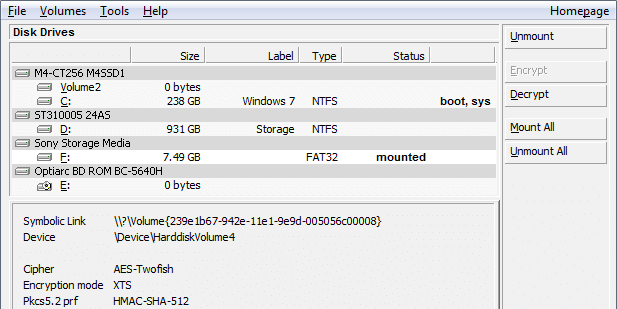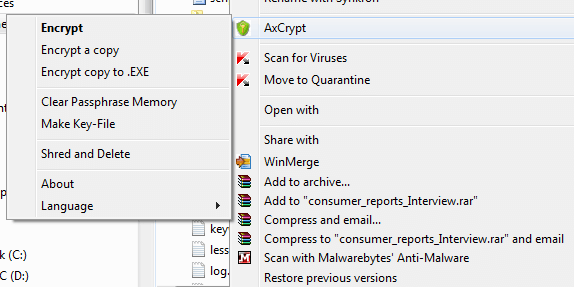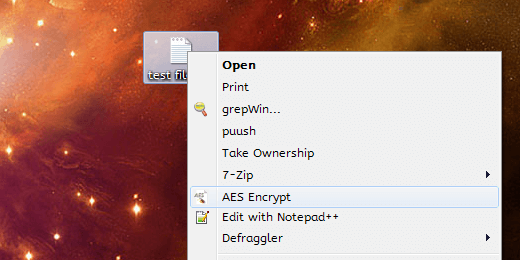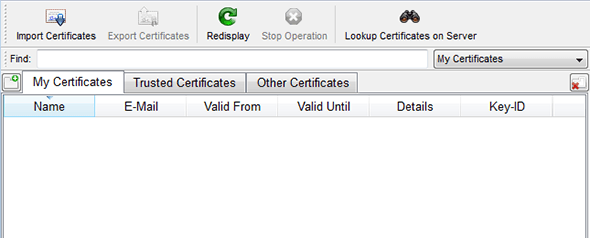If you haven't heard, TrueCrypt is no more. If you still have older versions of the program, you can continue to use them but be aware that there may be unfixed security issues in those versions. The safer course of action would be to migrate over to another solution entirely. You had a good run, TrueCrypt, but now it's time to say farewell.
For those who aren't yet convinced that data encryption is necessary, you ought to check out these reasons to encrypt your digital life. It's not just for the paranoid, I assure you.
The alternatives covered in this article will only include those that are free. Yes, there are many awesome encryption programs out there but the main draw of TrueCrypt was its combination of power and affordability. But before we take a look at what's available…
What Happened To TrueCrypt?
For the last ten years, TrueCrypt reigned as one of the kings of data encryption. This open source tool was useful for encrypting files, folders, partitions, and even entire disk drives using the latest and greatest encryption algorithms. As if that weren't awesome enough, it was available across Windows, Mac, and Linux.
And then bad news hit.
On May 28, 2014, TrueCrypt announced its discontinuation with a new 7.2 version of its binaries. These binaries were severely neutered in capability, only allowing users to decrypt files that were previously encrypted using the program, which meant that users would have to look to an alternative for their encryption needs.
There are a few dodgy details surrounding the end-of-life announcement that have led some people in the security community to question the true reasons and motives behind TrueCrypt's discontinuation. None of these suspicions have been confirmed. For more details regarding these concerns, check out the recap by Brian Krebs.
Regardless, suffice it to say that TrueCrypt is no longer a valid option for proper data security. Here are some good alternatives that may adequately fill the vacuum.
DiskCryptor (Windows)
DiskCryptor began as a compatible alternative to TrueCrypt that used the same encryption formats for protecting data, but after a while split off and began using its own partition format. One benefit is that DiskCryptor can stably encrypt disk partitions that already have data on them instead of requiring an empty volume.
This program has a little bit of everything for everybody. It supports multiple encryption algorithms, including AES, Twofish, and Serpent. It can encrypt disk drives with large sectors (e.g., RAID configurations) and it can encrypt all manner of external drives, including CDs, DVDs, and USB storages. External drives can auto-mount even when encrypted. DiskCryptor can be used in GUI and command line modes.
The downside is that DiskCryptor can only encrypt disks. Seems obvious from the name, I know, but it does lack the ability to encrypt singular files or folders without setting up specific disk partitions for them.
AxCrypt (Windows)
AxCrypt is a perfect complement to DiskCryptor mentioned above. It focuses on individual file encryption but seamlessly integrates with Windows to let you do a little more than that, including the compression, storage, and sending of encrypted files. It even works well with cloud storage services like Dropbox, Google Drive, and SkyDrive.
The close integration with Windows is what makes it so useful. As shown in our AxCrypt review, all you have to do is right click on a file to encrypt it. In addition to encryption, you can also shred, which completely wipes the file from disk and makes it impossible to recover. Files can be locked with a passphrase, a key-file, or both. Files encrypted with AxCrypt can optionally be self-decrypted without needing AxCrypt installed.
AESCrypt (Windows, Mac, Linux)
AESCrypt is similar to AxCrypt in many ways but simplified. Both use the AES algorithm but AESCrypt uses 256-bit keys whereas AxCrypt's keys are only 128-bit. To use AESCrypt, you only need to right click on a file and select Encrypt or Decrypt with the relevant passphrase. Unfortunately, it can't encrypt folders.
That's about it. AESCrypt can't do too much, but it's very good at what it can do. If you only need to protect a handful of files, it's a great choice. For those of you who are programmers, AESCrypt also has a library for Java and C# that lets you read and write AES-encrypted files from code.
GnuPG (Windows, Mac, Linux)
GnuPG is a free and open source implementation of OpenPGP, which itself is an open standard for implementing the Pretty Good Privacy (PGP) protocol. All that to say: GnuPG is a complete foundation for encrypting and signing your data. Depending on your operating system, you'll want a different tool within the GnuPG suite.
For Windows, you'll want GPG4Win. It comes with a Windows installer and several frontend programs, but the important one is GPGEX, which allows you to password-encrypt both files and folders using the Windows Explorer right-click menu.
Mac users can download GPGSuite, which includes tools for encrypting files, folders, and even Apple Mail. Linux users can always build GnuPG from source.
Final Thoughts
As of right now, there doesn't appear to be a proper alternative to TrueCrypt that can do everything TrueCrypt did. However, with the right combination of programs, you can replicate functionality to a similar degree. The good news is that we're still in the aftermath of TrueCrypt's discontinuation - give it a few months and a successor is bound to show up.
Are you still using TrueCrypt? If not, which alternative have you switched to using? Are the free solutions enough for you or have you decided to bite the bullet and pay for proprietary encryption programs? Share your thoughts with us in the comments below!


